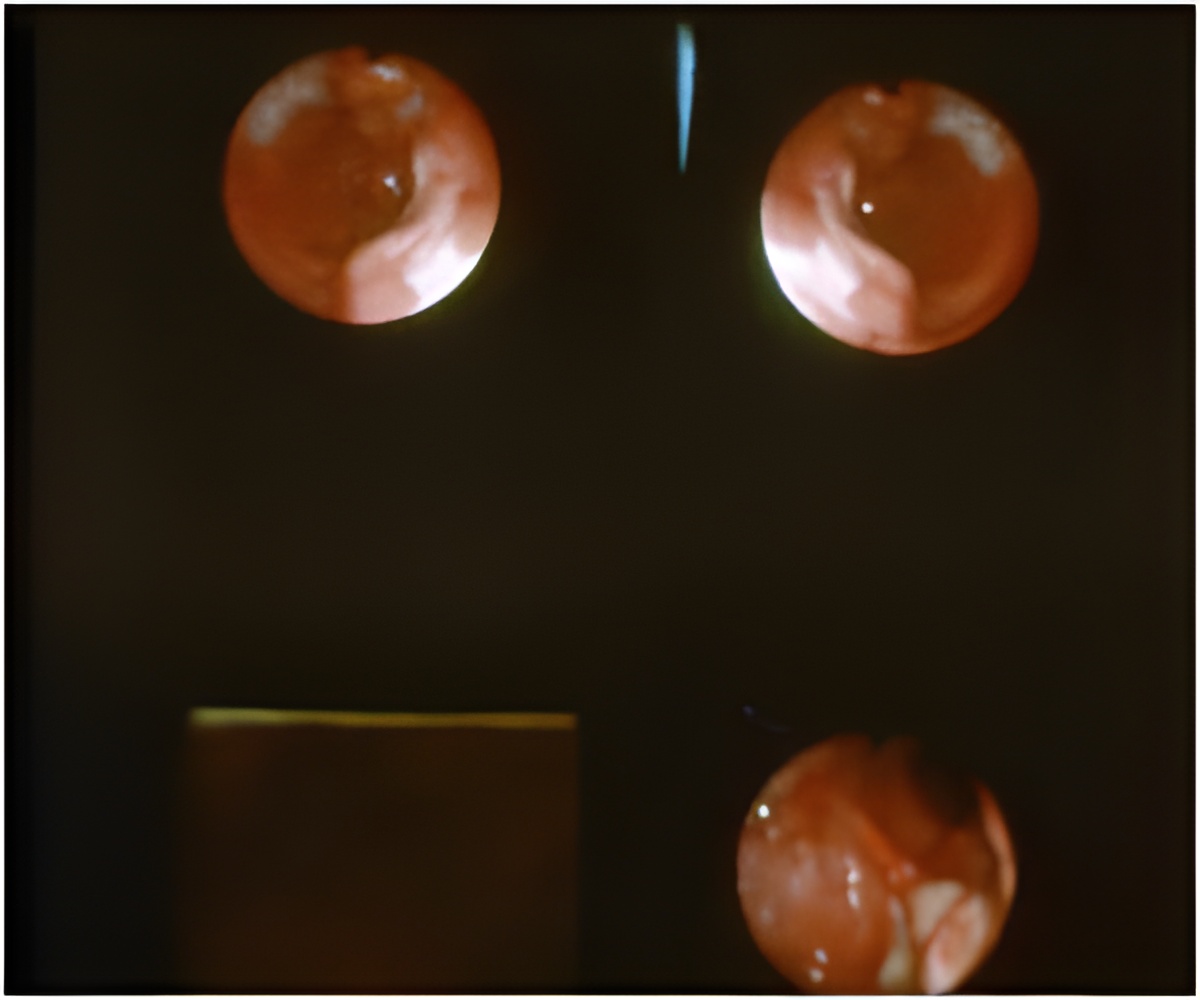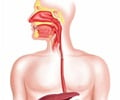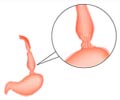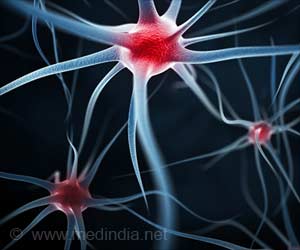Scientists have discovered mutations in 26 genes that may cause esophageal cancer.

EAC often originates from a disease called Barrett's oesophagus, which in turn is caused by chronic acid reflux.
Incidence of the cancer has increased by 600 percent over the last 30 years -- particularly in Western countries, according to the study.
Oesophageal cancer kills about 15,000 people in the United States alone every year -- and a total 400,000 worldwide.
Now, the biggest genetic analysis yet of this type of cancer has revealed common mutations that may be specifically targeted by new drugs.
"Finding the mutations helps us understand what makes the cancer tick," study co-author Adam Bass of the Harvard Medical School told AFP.
Advertisement
Cancer develops when a human cell's DNA is mutated so that its normal function is disrupted and it starts growing and spreading out of control.
Advertisement
Mutations of different genes have been implicated in different cancers, but there are also vast differences even among people with the same form of the disease.
"We looked at which genes were mutated more frequently than would be expected by chance," said Bass.
"Doing so, we found 26 genes that may be contributing to this cancer type."
Genes are segments of DNA that carry the instruction manuals for cells.
The team found a frequent repetition of one particular type of mutation, suggesting it may be caused by some sort of exposure -- perhaps linked to acid reflux disease.
"Why this is especially interesting is that the rates of oesophageal adenocarcinoma have risen greatly in the last several decades," said Bass.
"We suspect that there may be some factor in the reflux which is causing this specific type of DNA damage."
"If this is so and we can pin down what type of specific factor is responsible for these mutations, we may be able to develop new approaches to prevent these cancers or at least to diagnose them at an earlier point."
Source-AFP















